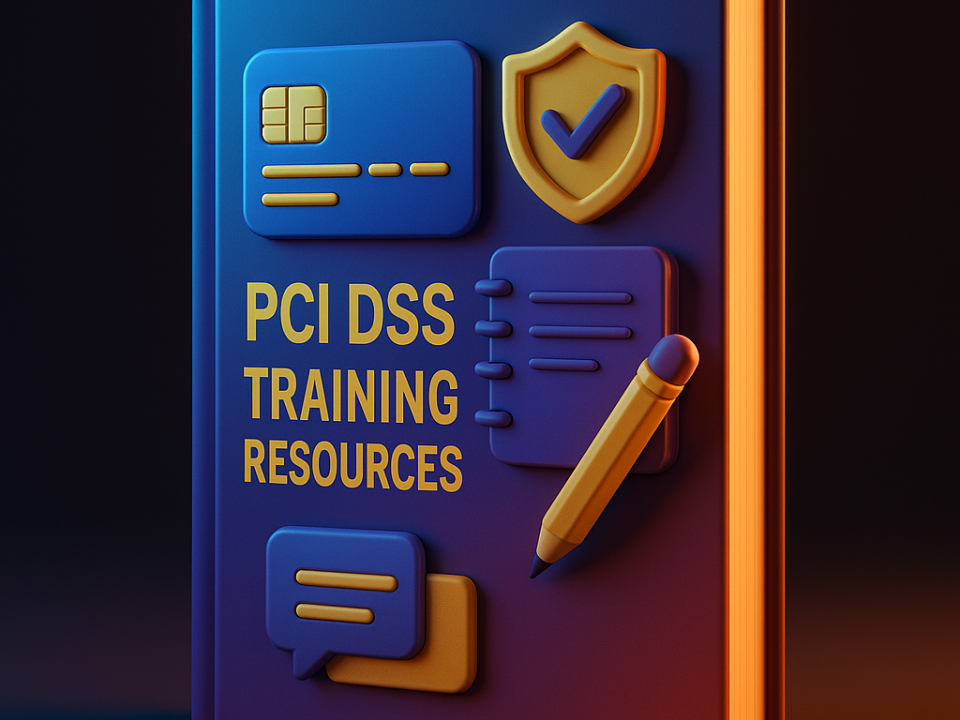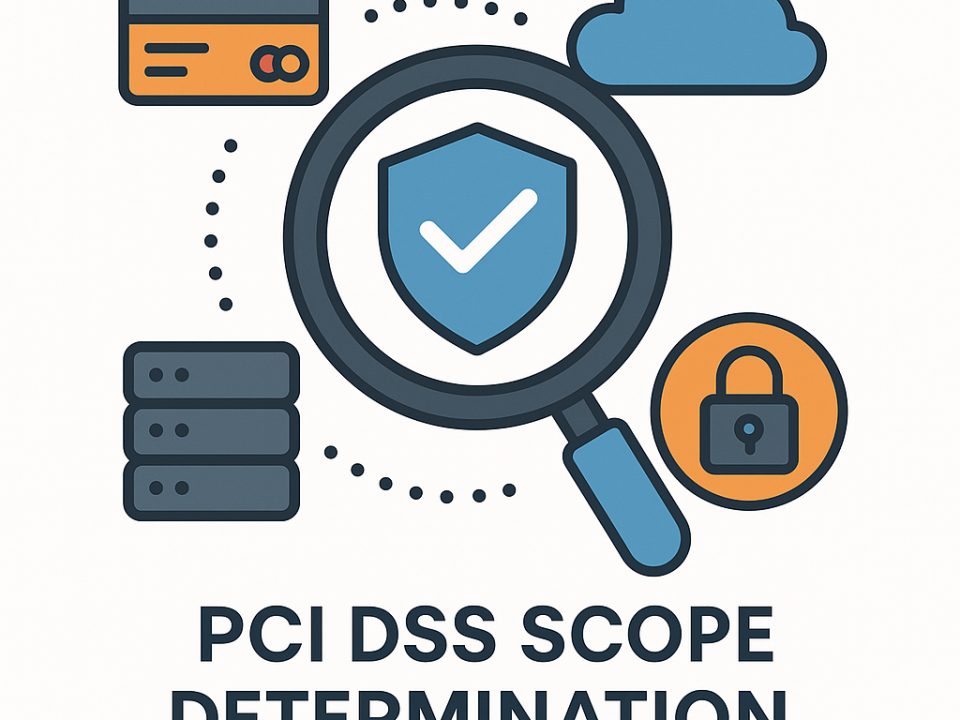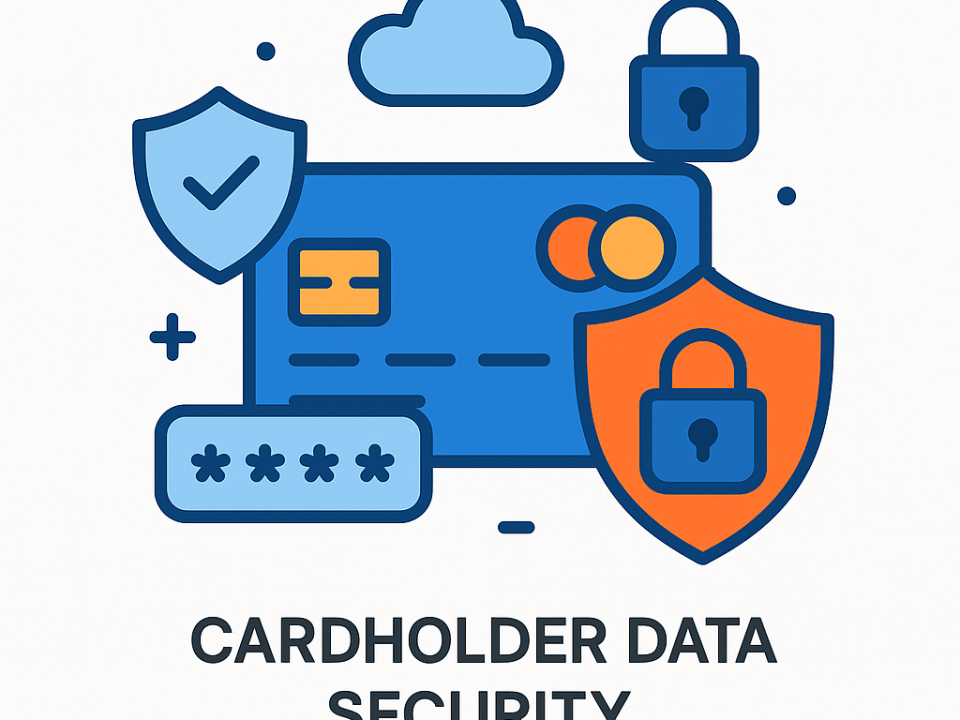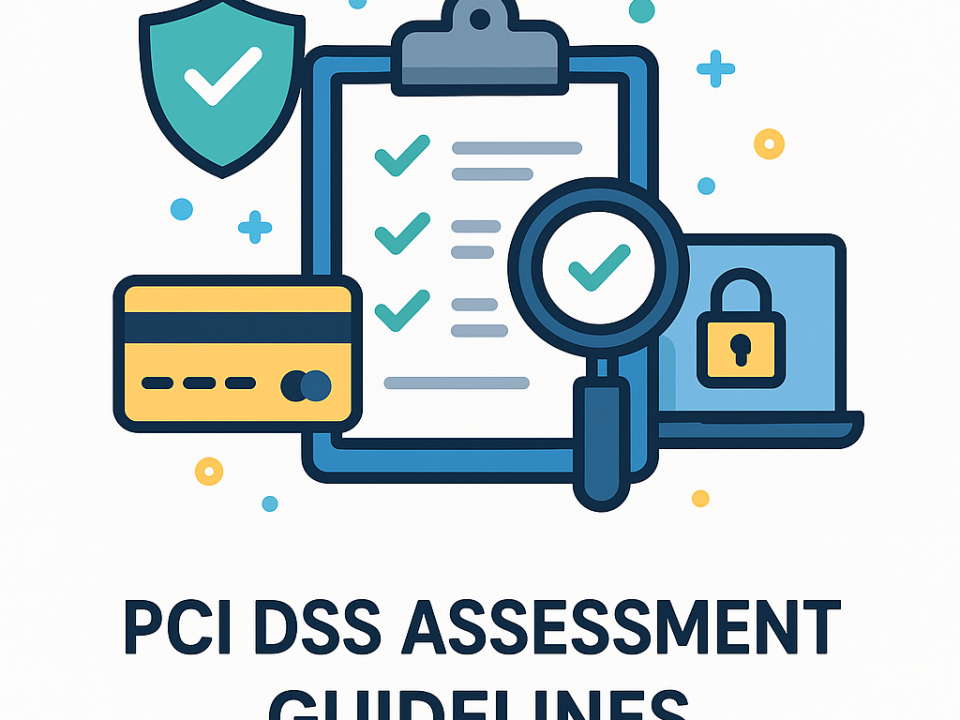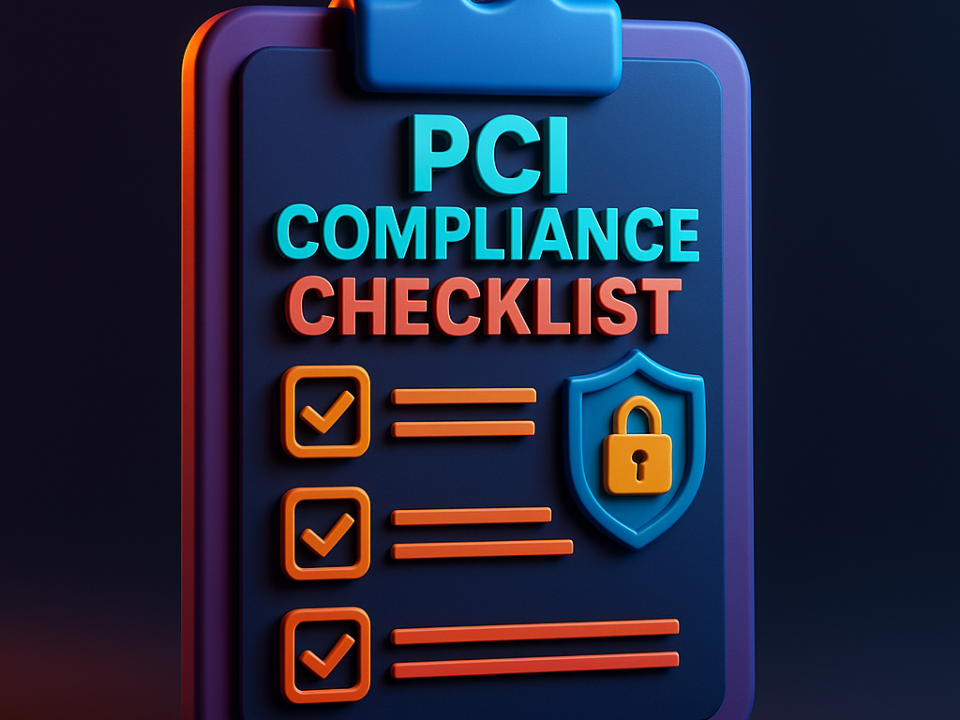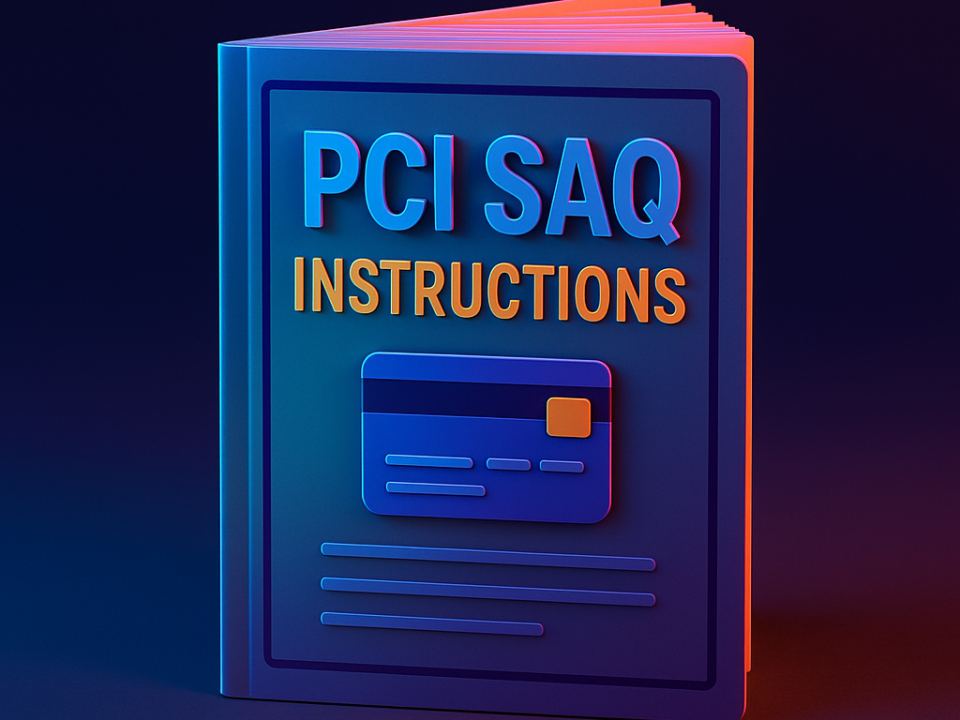Harnessing Gamification in PCI DSS Training Resources: A Path to Enhanced Engagement
June 12, 2025Enhancing PCI DSS Self-Assessment with Remote Expertise
June 12, 2025Understanding Continuous Compliance in PCI Certification
Continuous compliance is an emerging approach in the PCI compliance certification landscape that emphasizes the ongoing adherence to PCI DSS requirements rather than viewing compliance as a one-time event. This concept is crucial for cybersecurity experts, IT professionals, and managers who are striving to ensure their organizations maintain robust security practices as threats evolve. For CisoGrid, which specializes in Cybersecurity Remote Staffing, understanding and implementing continuous compliance can greatly enhance the ability to offer proactive cybersecurity solutions.
Importance of Continuous Compliance
Continuous compliance allows organizations to embed security into their operational processes, thus improving overall risk management. It shifts the focus from mere compliance checklists to integrating security into everyday business activities, which is vital for protecting sensitive payment data.
- Reduces risk of data breaches by maintaining ongoing vigilance.
- Enables quicker response to security threats and vulnerabilities.
- Fosters a security-first culture across the organization.
Best Practices for Achieving Continuous Compliance
To effectively implement continuous compliance, organizations must adopt best practices that integrate compliance monitoring into their standard operating procedures.
- Automate security monitoring processes to ensure real-time compliance tracking.
- Regularly update and train staff on PCI compliance requirements.
- Conduct periodic risk assessments to identify and address vulnerabilities.
Leveraging Automated Tools
Automation tools play a crucial role in monitoring compliance status and facilitating timely audits, thereby freeing up cybersecurity personnel to focus on strategic initiatives.
- Deploy tools that provide continuous scanning for vulnerabilities.
- Utilize dashboards for real-time compliance reporting.
- Employ configuration management tools to ensure adherence to security policies.
Case Study: Implementation of Continuous Compliance
The implementation of continuous compliance can be illustrated through a leading financial services provider, which transitioned their PCI compliance strategy from periodic audits to a continuous compliance framework. This case demonstrates significant improvements in their compliance posture and risk management.
- Reduction in compliance-related incidents by 60% within the first year.
- Increased employee engagement in security practices as a result of ongoing training.
- Enhanced transparency between departments regarding compliance status.
Future Trends in PCI Compliance Certification
As technology advances, the future of PCI compliance certification will likely see greater integration of AI and machine learning, enabling organizations to predict compliance threats and automate responses.
- Increased reliance on adaptive security frameworks.
- Emerging standards for cloud-based services and payments.
- Integration of compliance with privacy regulations like GDPR and CCPA.
In summary, the move towards continuous compliance in PCI certification is paramount in developing a resilient security posture for organizations. As threats become more sophisticated, adopting these practices can significantly mitigate risks. We invite cybersecurity professionals and IT managers to explore further insights and staffing solutions with CisoGrid—Cybersecurity Remote Staffing—to enhance their compliance strategies and improve their overall cybersecurity frameworks.

